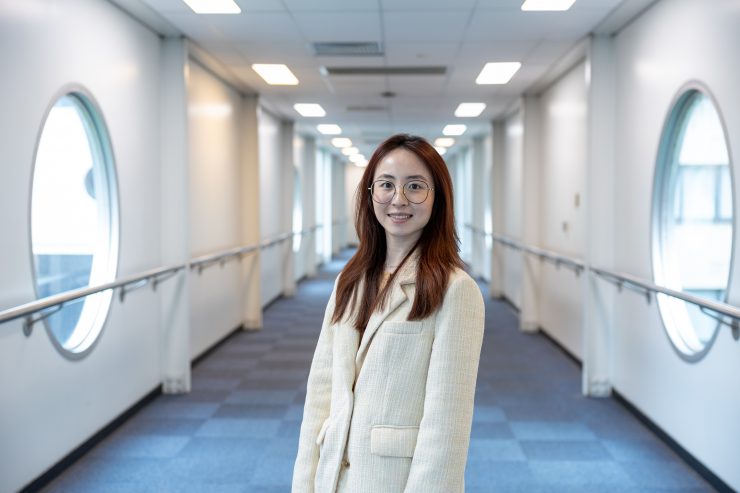We recently caught up with CSDS Human Factors Practitioner Rebecca Wang to hear about her experience attending the 2025 Human Factors and Patient Safety Conference in Melbourne. The national event brought together healthcare professionals, researchers, and policymakers to explore how Human Factors can drive meaningful improvements in safety, systems, and care delivery across Australia.
At its core, in the context of healthcare, a Human Factors approach is about user-centred design and understanding how clinician performance and behaviours are influenced by a range of interacting factors. These factors include tasks, technologies, individual and team dynamics, organisational structures, internal and external environments, and processes.
“The conference really opened my eyes – I realised Human Factors isn’t just about evaluating medical device usability or improving clinical workflows, as we often do at QuILL. It plays a much broader role – supporting safer, more effective care by addressing challenges across every level of the healthcare system, from bedside tools to policy decisions.”
One of the most thought-provoking moments came during a discussion around the concept of safety itself:
“Safety does not reside in a person, device, or department, but emerges from the interactions of components of a system.”
This was a powerful reminder that improving safety means looking beyond individual actions and focusing on the system dynamics that shape outcomes.
Rebecca also presented a collaborative project led by her Manager, Dr Mia McLanders, in partnership with the Grantley Stable Neonatal Unit (GSNU) at the Royal Brisbane and Women’s Hospital (RBWH).
The project, titled “Improving care for our most vulnerable patients – Reducing unplanned extubation in extremely low birth weight infants through a Human Factors approach”, showcased how Human Factors methods can help tackle complex challenges in neonatal care.
The presentation sparked valuable conversation with experts in paediatric and adult resuscitation who shared common issues they face in practice. These exchanges highlighted just how vital it is to continue designing healthcare systems that truly support the people who work within them.
“Throughout the conference, I met so many incredible people from diverse backgrounds and had the chance to introduce them to the work we do at QuILL. It was encouraging to see their interest and recognition of the value Human Factors can bring to supporting clinicians and improving healthcare safety and quality.”
Rebecca’s experience reinforced the important role QuILL plays in championing Human Factors across Queensland – supporting clinicians, shaping safer systems, and driving innovation in healthcare delivery.
For enquiries about the Queensland Innovation Living Lab (QuILL), reach out to the QuILL Team at quill@health.qld.gov.au.










